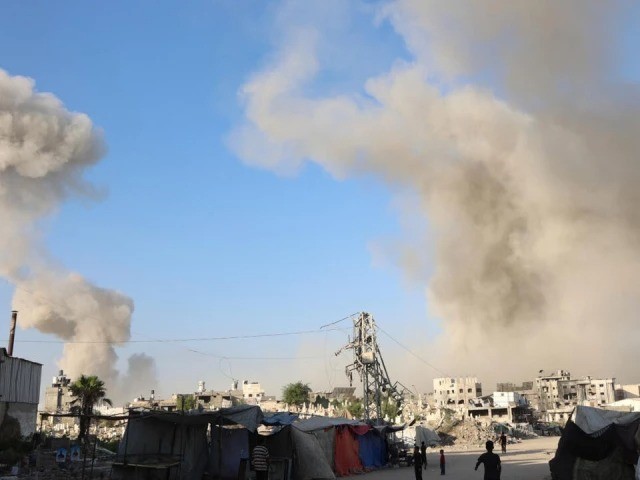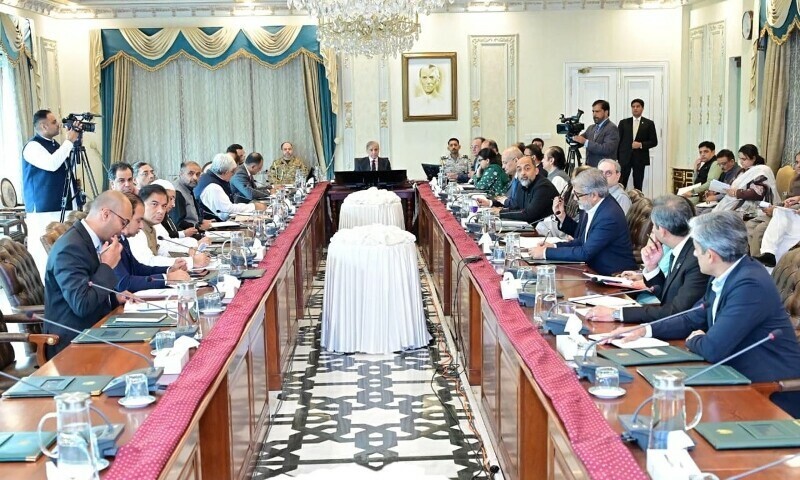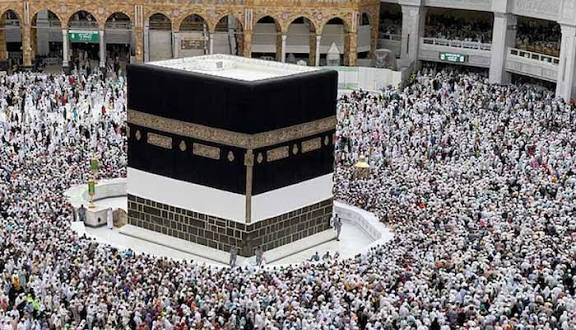In a move that’s sending shockwaves through global markets, Iran’s Parliament has approved the closure of the Strait of Hormuz — a narrow stretch of water that might not seem like much on the map but serves as a vital artery for the world’s oil and gas supply. The decision comes in direct response to a recent U.S. military attack on Iran, which reportedly targeted its nuclear facilities.
Though the final green light lies with Iran’s top security leadership, this approval alone is a powerful message — a signal that Tehran is ready to raise the stakes. Just days earlier, Iranian officials had warned that if the U.S. supported Israel in the ongoing conflict, they would shut down the strait. That warning now seems dangerously close to becoming a reality.
The Strait of Hormuz is no ordinary waterway. Every single day, nearly 21 million barrels of oil — from countries like Saudi Arabia, the UAE, Kuwait, and Iran — flow through this route to the rest of the world. It’s also responsible for 30% of the global gas trade. Around 90 ships pass through daily, making it one of the busiest and most crucial maritime trade routes on the planet.
To put it into perspective: half of China’s oil imports come through this strait. Japan relies on it for 95% of its oil needs, and South Korea, 71%. It’s not just energy either — liquefied natural gas from Qatar, shipping routes to Gulf nations, and a major chunk of maritime goods pass through these waters.
So, what happens if Iran follows through?
Experts are warning that we could be staring at a global energy crisis. Oil prices could skyrocket — some estimates suggest as high as $130 per barrel. And that’s without even considering what happens if Iran enforces the closure militarily — with naval mines, submarines, or anti-ship missiles.
While the move might give Iran temporary strategic leverage, many analysts believe it’s a double-edged sword. Closing the Strait of Hormuz wouldn’t just hurt the U.S. or its allies — it could also deal a major economic blow to Iran itself. The country depends heavily on oil exports, and cutting off that route could backfire in the long run.
But beyond strategy and sanctions, this moment feels like something more. It’s a stark reminder of how fragile our world really is — how a single decision in one corner of the globe can ripple through markets, economies, and everyday lives everywhere. From gas pumps in Los Angeles to factories in Tokyo, what happens in the Strait of Hormuz affects us all.
Observers are now calling on world leaders to act — not with threats, but with diplomacy. There’s still time to pull back from the edge. But that window, many fear, is closing fast.














